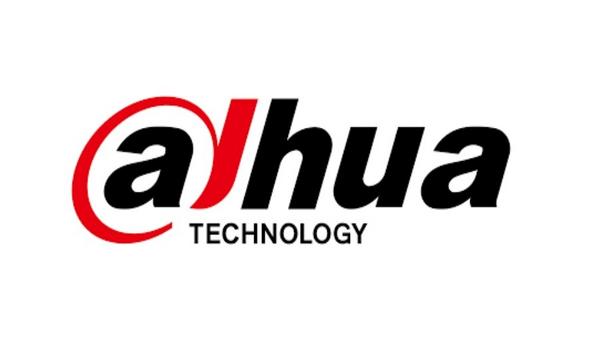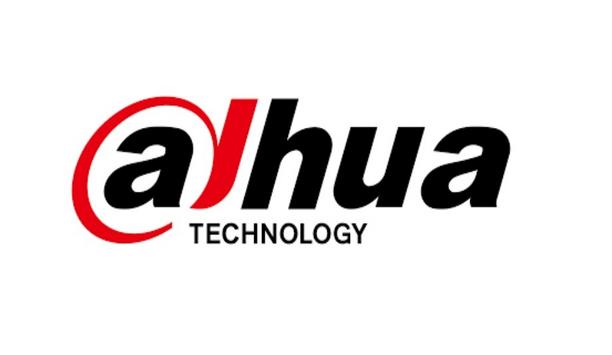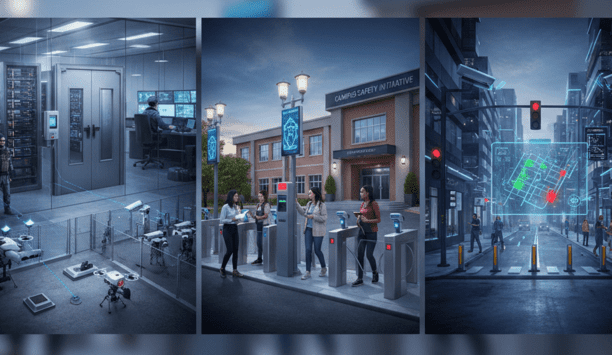 |
| How will the UK's decision to leave the European Union affect security cooperation between its member countries and with European countries? |
'Strength through unity' is the term being used by pro-European economists observing the fall-out from Brexit, but it's surely an even more pertinent phrase for the security sector and this is being underlined in the most unexpected quarters. Fifty-six percent of the referendum votes cast in Northern Ireland were for 'Remain' and even staunch Loyalist politicians have spotted a way of staying in Europe through the previously unthinkable option of a united Ireland.
Possible hard border enforcements
Pending a possible reunification, what are the security implications for an Ireland that is now only part-EU? The border is currently 'soft': drive south into the Republic and the first indication is speed warning signs changing from miles to kilometres. The Irish Government has pledged to 'do its utmost' to retain the so-called 'Common Travel Area' on the island. But don't rule out reintroduction of occasional (possibly mobile) physical checkpoints across the 300-mile divide. Much of the security will remain covert, but scrutiny of freight vehicles for customs purpose will be mandatory.
Border control at English ports will also be hardened. Currently, in a spirit of co-operation, French authorities allow their British opposite numbers to check vehicles and even foot passengers at Calais while there is French immigration control at Dover for travellers wishing to enter the Schengen Area via Calais or Dunkirk.
The juxtaposed arrangement is a result of the Treaty of Le Touquet dating from 2003 and is bilateral, having nothing to do with the EU. But don't underestimate the toxicity of the current situation. There has been flip-flopping on the treaty already; local government in northern France initially said it was safe but the mayor of Calais now wants it 'renegotiated' (read scrapped) while leading candidate for the 2017 presidential election Alain Juppé says it will be pain grillé if he is wins power. "We must move the border back to where it belongs."
 |
| How will the soft border between Ireland and Northern Ireland change once it becomes the only land border between the UK and the EU? |
Greater fragmentation in Europe?
Is the outlook for international co-operation between European countries really this bleak? The doom mongers who see more drawbridges being raised and further exits from the EU should bear in mind that much international security cooperation stems from Interpol (headquartered in Lyon, France) and below the radar of most media comment including the security trade press.
Brexit has no doubt pleased Vladimir Putin, who must be encouraged by the prospect of a weakened Europe with the possibility of more fragmentation to come. EU disunity can only reduce the resolve of member countries to implement sanctions on Russia after its military intervention in Ukraine. It's unlikely that France will secede from the EU but prepare for ultra-right-wing politician Marine Le Pen of the Front National progressing to the second round of her country's election in April on a Brexit platform.
Newly merged pan-European |
Apart from UK manufacturers focused predominantly on exports who gleefully welcomed the slump of pound sterling against the Euro and dollar (short-termism since the situation remains volatile), few in the security industry can be satisfied with Brexit. And manufacturers not reliant on imported raw materials must be rare indeed meaning that any gain can easily be lost in increased costs.
The current trend in our industry is acquisitions with the playing field dominated by an increasingly small number of major corporates. Newly merged pan-European companies will surely find that post-Brexit, movement of products and people hits more obstacles.
International cooperation
To argue that collaboration on production standards through organisations such as CENELEC and CEN will come to an end post-Brexit would be excessively gloomy. CENELEC (based in Brussels by the way) is not an EU institution and in addition to member countries it works with five other European nations.
But these standards organisations have been founded in the interests of European harmonisation and hassle-free legislation. The decision by the UK electorate last month can only hinder open working methods, and I for one don't want to go back to the bad old days in which the British kitemark was predominant. If you're an R&D engineer in the UK with an innovative new product on the bench, don't rule out the possibility that piqued international standards bodies may make your life a little more difficult in order to send a message to others. Brexiters who argued that Brussels is synonymous with bureaucracy may see UK exporters surrounded in yet more red tape as they try to get their products approved abroad.
 |
| It's highly likely that Scotland will hold a second referendum within the next two years to leave the UK as a result of the Brexit vote |
I frequently find myself on university campuses talking to academics researching technology with security applications notably in 'big data' and video analytics. Long before Brexit hardened into a possibility, interviewees were reminding me that UK universities as a whole receive ten percent of their funding from the EU (£1bn a year) and they feared the worst.
The European academic community is at its strongest in terms of developing strategies to combat terrorism when universities from several countries pool resources. One such initiative is the EU-funded PRIME project which studies terrorism carried out by individuals working alone, the acronym being LAEEs (Lone Actor Extremist Events). The collaborators include University College, London, King's College, London, the University of Warsaw, Leiden University and Aarhus University (Denmark). You tell me which two institutions would lose out if the programme were being drawn up and funded post-Brexit.
The BSIA has described the |
What will Scotland do?
On the macro level there is an elephant in the room or at least an elephant in the Firth of Clyde. Scotland voted overwhelmingly to remain in the EU making another referendum on independence probable within the next two years. The Scottish Nationalist Party (SNP) is implacably opposed to the Royal Navy's nuclear-armed submarines which are housed to the west of Glasgow. If Scotland secedes the Navy will be told to take its fleet off Scottish shores immediately. Remember the £350m a week that the Vote Leave campaign claimed (prior to a retraction) would be saved on EU contributions and could go to the National Health Service? A new naval facility for England would dwarf this and cost billions.
The British Security Industry Association (BSIA) has described the UK's position post-Brexit as 'uncharted territory' and spoken about a need to persuade member states that we will "remain an enthusiastic partner in all security and trade issues."
I wish I could be so sanguine. Yes, it will be apparent from my focus here that I voted 'Remain' after making it into a polling station at the last minute, late on the final day of IFSEC. I'm aware that the UK is part of Europe in terms of shared history and culture as well as commerce. But I'm sceptical about our ability to trade effectively and share strategic information with the member states now that we have all but left. I've spoken to installers, consultants, manufacturers and fellow industry observers and found that none of them are able to greet Brexit as a positive thing for the international security industry.












































